01 - War on Terror: Socio-Economic Ramifications for Pakistan
http://dx.doi.org/10.31703/girr.2022(V-I).0110.31703/girr.2022(V-I).01 Published : Mar 2022
-
After the attack on the American twin tower on September 11, 2001, the Bush administration launched a war against the terrorists and Al-Qaeda hiding in Afghanistan. During this war, Pakistan became the front-line state due to its proximity to Afghanistan. The American war on terror also brought disastrous effects on Pakistan. Due to the war on terror, Pakistan faced and is still facing a number of... Details
-
Terrorism, Tribal Areas, Military Operation, Drone Attacks, CIA, Al-Qaeda
-
(1) Unsa Jamshed
Assistant Professor, Department of IR and History, Women University of Azad Jammu and Kashmir, Bagh, Pakistan.
(2) Amar Jahangir
Junior Lecturer, Institute of Kashmir Studies, University of Azad Jammu and Kashmir, Muzaffarabad, Pakistan
(3) Nasira Fazil
Lecturer, Department of English, Women University of Azad Jammu and Kashmir, Bagh, Pakistan.
02 - Pakistan-China Relations and Central Asian Republics
http://dx.doi.org/10.31703/girr.2022(V-I).0210.31703/girr.2022(V-I).02 Published : Mar 2022
-
Pakistan-China relationship has survived the test of time and denotes the phrase of respect,advantages to both sides, and natural alignment. Both nations provided support for each other at regional and international levels, which not only worked to secure their own interests but is also attracting other regional actors to explore advantages for themselves out of the time-tested friendship of Pakis... Details
-
Border, Central Asia, Geography, Pakistan, Terrorism, Trade
-
(1) Mirwais Kasi
Associate Professor, Department of International Relations, University of Balochistan, Quetta, Balochistan, Pakistan
(2) Abdul Qadir
Assistant Professor, Department of International Relations, University of Balochistan, Quetta, Balochistan, Pakistan.
(3) Adil Zaman Kasi
Associate Professor, Department of Political Science, University of Balochistan, Quetta, Balochistan, Pakistan.
03 - Symbiotic Realism: Way Forward for Great Power Relations
http://dx.doi.org/10.31703/girr.2022(V-I).0310.31703/girr.2022(V-I).03 Published : Mar 2022
-
Rise of China, its bend towards Russia, its increasing sphere of influence in Asia and Africa has posed perplexing questions like will the four decades of cooperation between USA and China end in great War; will the drive to maintain/attain hegemony be the guiding principle for USA and China; and what will be the impact of strife on states like Pakistan, recipients of both USA and China. The inter... Details
-
Multi-sum Security, Hegemony, Symbiotic Realism, USA, China
-
(1) Rafida Nawaz
Assistant Professor, Department of Political Science, Bahauddin Zakariya University, Multan, Punjab, Pakistan.
(2) Syed Hussain Murtaza
Scholar, Department of Political Science, Bahauddin Zakariya University, Multan, Punjab, Pakistan.
(3) Muqarrab Akbar
Chairman, Department of Political Science, Bahauddin Zakariya University, Multan, Punjab, Pakistan.
04 - Belt and Road Initiative: A Debate in Context with the New World Order with Chin
http://dx.doi.org/10.31703/girr.2022(V-I).0410.31703/girr.2022(V-I).04 Published : Mar 2022
-
The existing global governance system in which an unparalleled growth of China is exceedingly constrained and overwhelmed by the US and its allies. President Xi's all-encompassing foreign policy such as the Belt and Road Initiative (BRI) primarily seeks out to develop the much-needed infrastructure, global financial integration and trade liberalisation. This paper examines the impression of China&... Details
-
AIIB; BRI; China; Global Governance; World Order
-
(1) Muhammad Nauman Akhter
PhD International Politics, Shandong University, Qingdao, China.
05 - China's Rise in the Contemporary World
http://dx.doi.org/10.31703/girr.2022(V-I).0510.31703/girr.2022(V-I).05 Published : Mar 2022
-
The advent of the 21st century has seen a shift from uni polarity to multi polarity, mainly due to China's rise. Chinese ambitions are aligned and expansive, which are driven by nationalism, economic uplift and military modernization. China is evolving as a major powerhouse of the current world order. Trade,economic reforms, up gradation of the military, appealing to the masses through its culture... Details
-
China Economy Military Soft Power
-
(1) Alina Malik
Graduate, Department of Defense and Diplomatic Studies, Fatima Jinnah Women University, Rawalpindi, Punjab, Pakistan
(2) Saima A Kayani
Chairperson, Department of Defense and Diplomatic Studies, Fatima Jinnah Women University, Rawalpindi, Punjab, Pakistan. Email
(3) Asia Karim
International Islamic University, Islamabad, Pakistan
06 - Modi is Hiding Behind the Cloak of Secularism to Promote Hindutva Ideology
http://dx.doi.org/10.31703/girr.2022(V-I).0610.31703/girr.2022(V-I).06 Published : Mar 2022
-
Prior to Election, the mingling of politics with religion was practiced frequently throughout South Asia, including India. Modi, a fascist who employs the religion card to win the elections as Hindus are in the majority. The initiatives implemented in his first term helped him to win the 2019 elections. In addition, the popularity of Modi grew due to the Pulwama incident as he openly challenged an... Details
-
Fascist, Hindutva, RSS, Sedition Act, Anti-Citizenship Act
-
(1) Hajra Nasir
Research Schlor, Department of International Relations, COMSATS, Islamabad, Pakistan.
(2) Mariam Asif
Lecturer, National Institute of Pakistan Studies, Quaid-i-Azam University, Islamabad, Pakistan.
(3) Shaukat
Lecturer, Department of Political Science, Abdul Wali Khan University, Mardan, KP, Pakistan.
07 - Exploring Persuasive Strategies Used in the Political Speeches of Sub-continent
http://dx.doi.org/10.31703/girr.2022(V-I).0710.31703/girr.2022(V-I).07 Published : Mar 2022
-
The purpose of this study is to analyze the persuasive strategies used by political leaders of the sub-continent in their speeches at the 74th session of the UN General Assembly held in 2019. The researcher adopted a mixed-method approach to analyze the data. The sample of this study was the political speeches made by Imran Khan, Narendra Modi and Sheikh Hasina Wajid in UN GA to represent their co... Details
-
Persuasive Strategies, Political Speeches, Sub-continent Leaders, UN General Assembly
-
(1) Naila Ijaz
Lecturer English, Government Graduate College for Women, Dera Ghazi Khan, Punjab, Pakistan.
(2) Waqar Raza
Visiting Lecturer, Department of English, Ghazi University Dera Ghazi Khan Punjab, Pakistan.
(3) Muhammad Ahsan
Assistant Professor, Department of English, Ghazi University, Dera Ghazi Khan, Pakistan.

 Volume VII, Issue III (Summer 2024)
Volume VII, Issue III (Summer 2024) 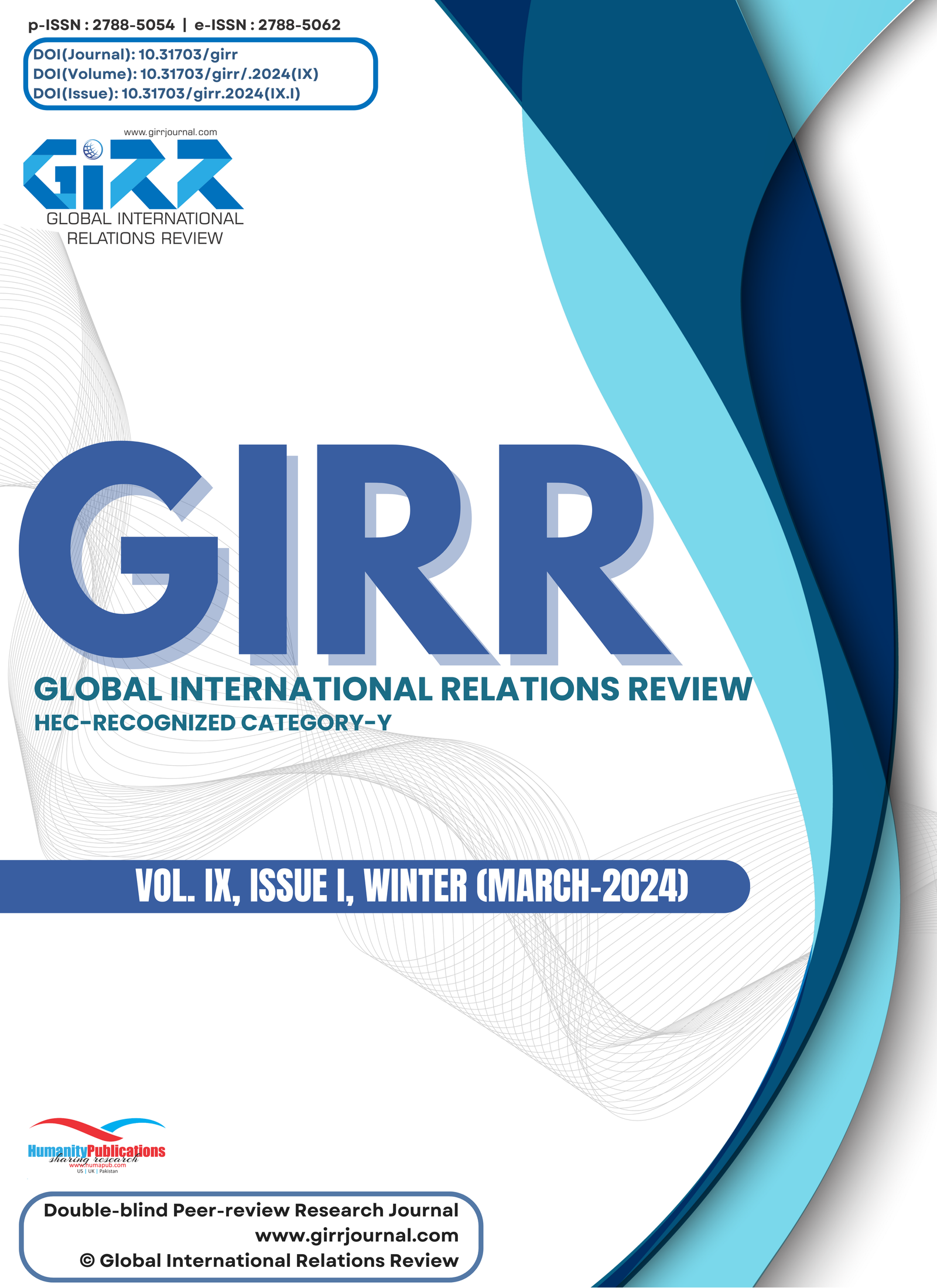 Volume VII, Issue I (Winter 2024)
Volume VII, Issue I (Winter 2024) 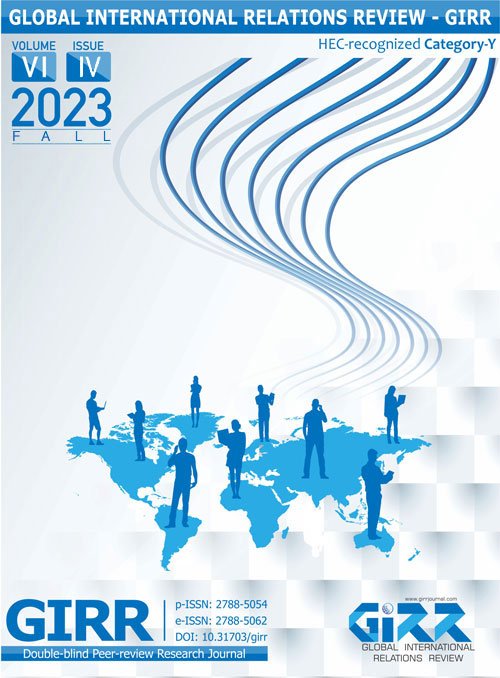 Volume VI, Issue IV (Fall 2023)
Volume VI, Issue IV (Fall 2023) 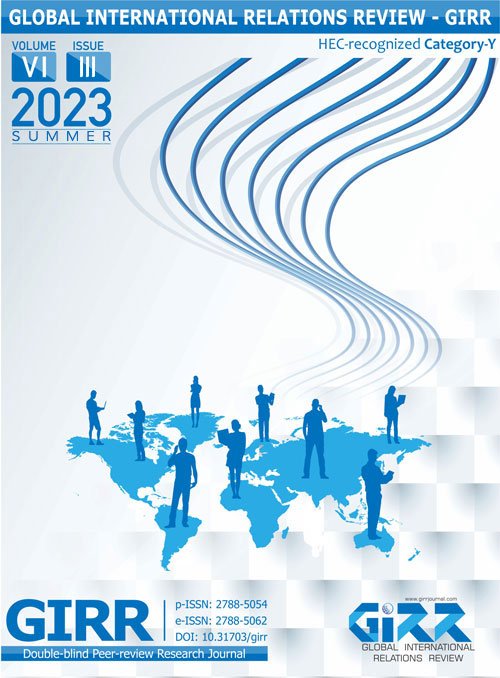 Volume VI, Issue III (Summer 2023)
Volume VI, Issue III (Summer 2023) 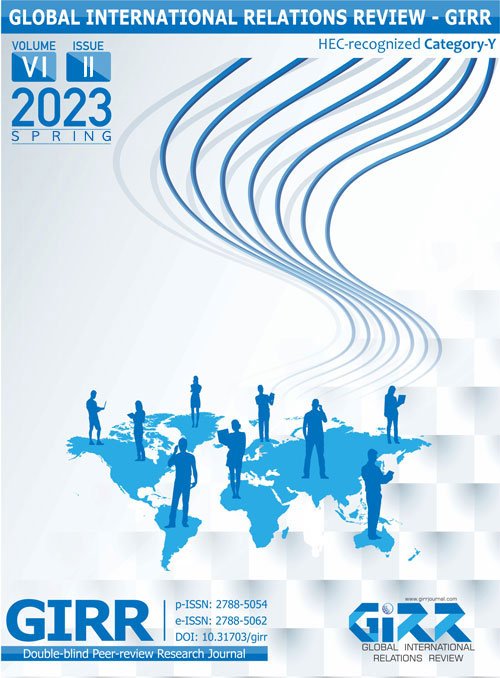 Volume VI, Issue II (Spring 2023)
Volume VI, Issue II (Spring 2023)  Volume VI, Issue I (Winter 2023)
Volume VI, Issue I (Winter 2023)  Volume V, Issue IV (Fall 2022)
Volume V, Issue IV (Fall 2022) 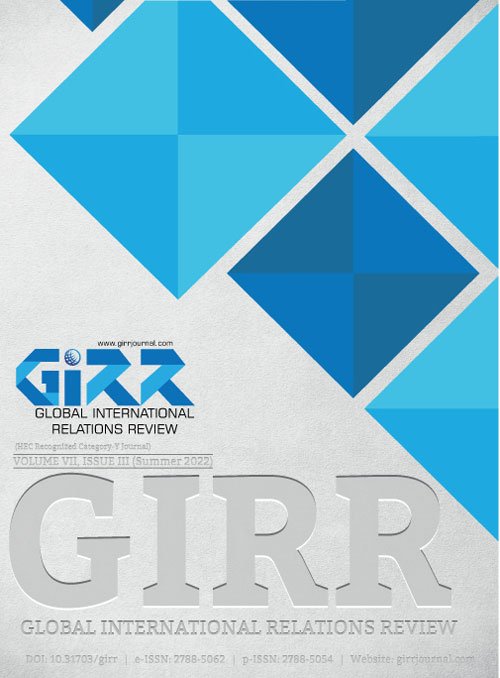 Volume V, Issue III (Summer 2022)
Volume V, Issue III (Summer 2022)  Volume V, Issue II (Spring 2022)
Volume V, Issue II (Spring 2022)  Volume V, Issue I (Winter 2022)
Volume V, Issue I (Winter 2022) 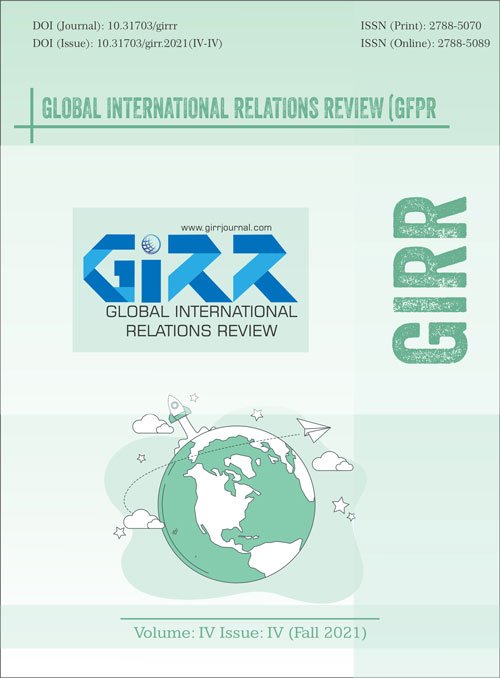 Volume IV, Issue IV (Fall 2021)
Volume IV, Issue IV (Fall 2021) 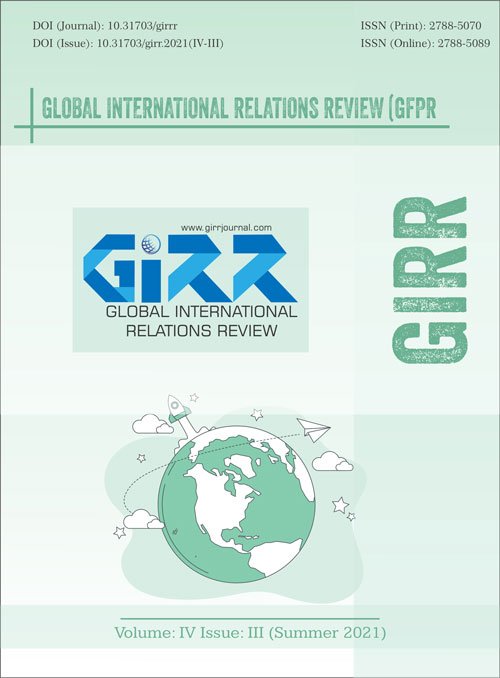 Volume IV, Issue III (Summer 2021)
Volume IV, Issue III (Summer 2021)  Volume IV, Issue II (Spring 2021)
Volume IV, Issue II (Spring 2021) 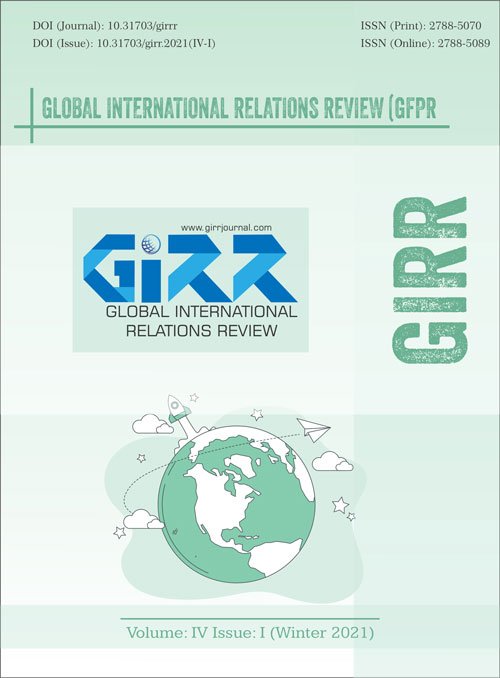 Volume IV, Issue I (Winter 2021)
Volume IV, Issue I (Winter 2021)  Volume III, Issue I (Fall 2020)
Volume III, Issue I (Fall 2020)  Volume II, Issue I (Fall 2019)
Volume II, Issue I (Fall 2019)  Volume I, Issue I (Fall 2018)
Volume I, Issue I (Fall 2018)